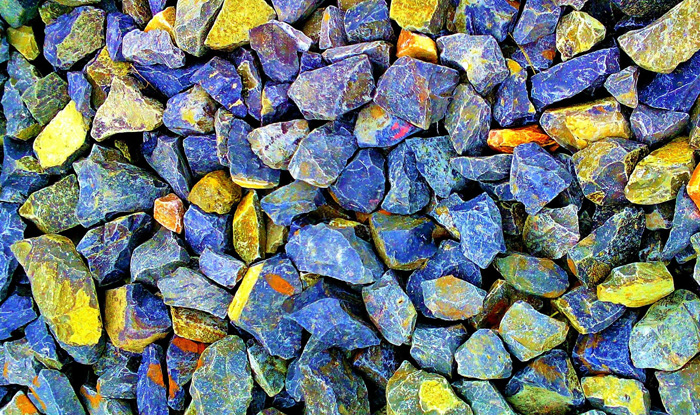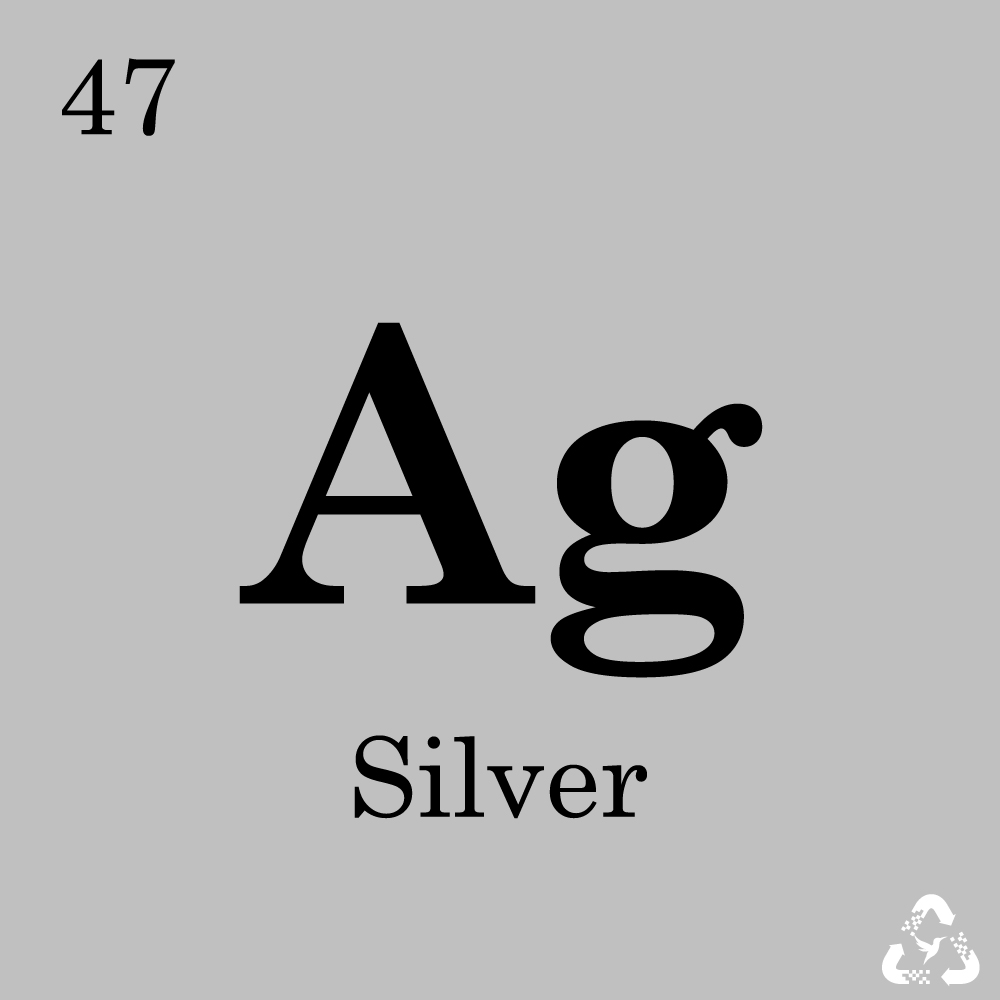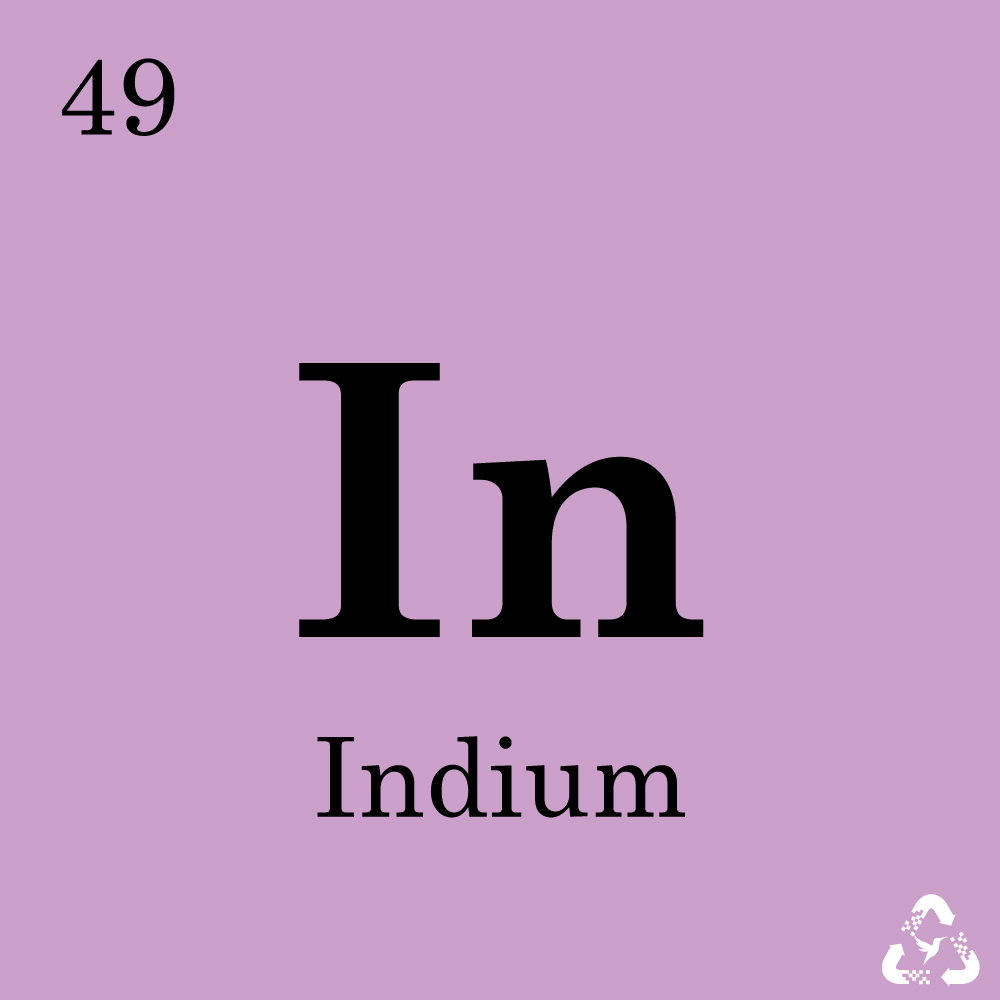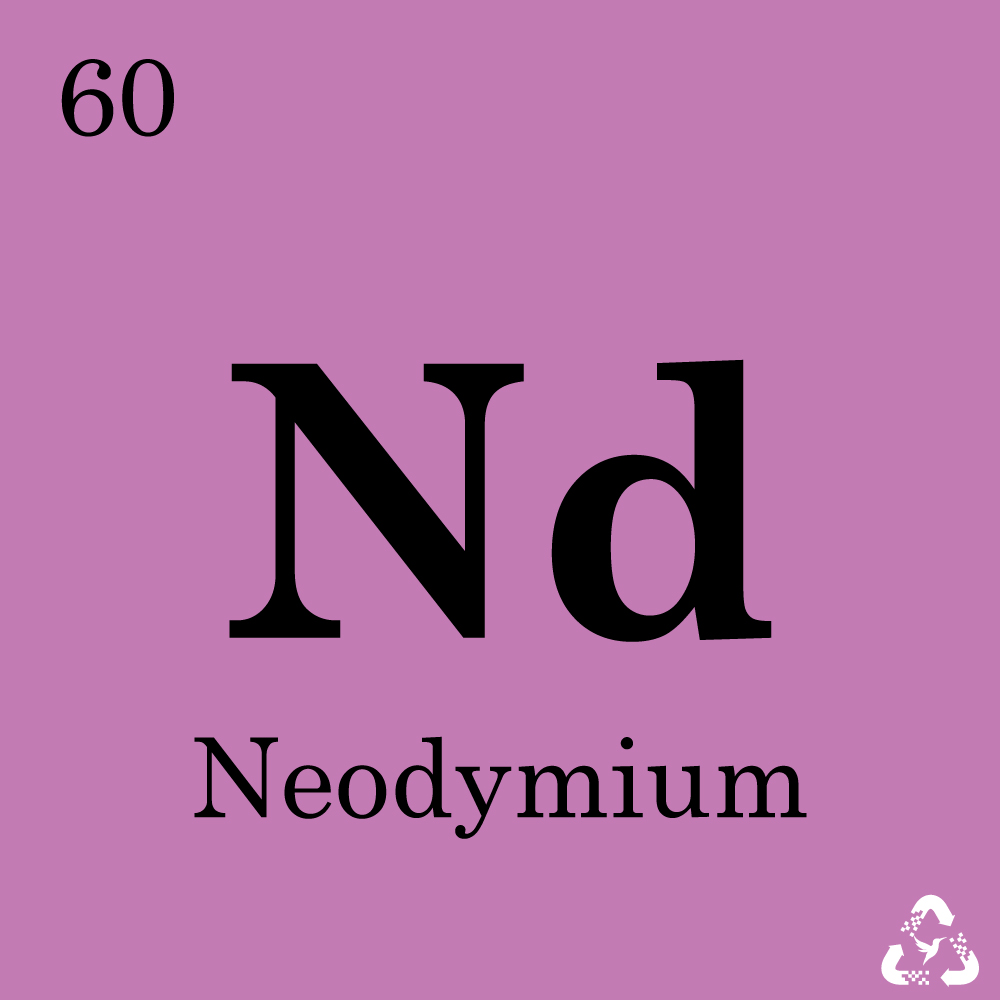The Hidden Treasures: Rare Materials Found in E-Waste Recycling

Photo Credit: Pexels.com/msvr
E-waste is an asset, and an asset is a valuable quality of electronic equipment. E-waste relates to discarded electronic products like computers, cell phones, tablets, and kitchen appliances. Apart from its mere definition, many people do not realize the economic value of e-waste.
People must practice the concept of eco-friendly e-waste management properly. It is the fastest-growing waste stream in the world, and due to that, it affects our environment.
Let’s give you a rundown of e-waste management tips.
Donate Unwanted Electronics
If your e-device is not of any use to you, donate it. By donating your e-device, you can leave the landfill site more ample and spacious. When you prevent the e-waste from going to landfill sites, you save the soil and water from harmful substances such as odor, smoke, and other contaminants.
Use Cloud Computing
Cloud computing is internet-based computing that eliminates the need for physical storage devices and servers. The physical hardware consumes a lot of energy and generates waste that is not good for the environment. On the other hand, cloud computing reduces energy consumption and dematerializes products, keeping the soil, air, and water clean.
Recycle Your Devices
You can hire a certified recycler and recondition unwanted devices. The recycler you hire is familiar with the standards and regulations of e-waste disposal. With this service, you can ensure data security and eco-friendliness at the same time.
The Unique Resources of E-Waste Recycling
E-waste recycling is a modern phenomenon that requires knowledge, planning, and execution. Users who are privy to the rarity of e-waste recycling are closely conversant with the materials that stem from the process.
Let’s look at these materials.
1. Gold (Au)

Role in Electronics
Gold is commonly used in connectors, switches, and other electronic components as it has excellent conductivity and resistance to corrosion.
Benefits of Recycling
Recovering gold from e-waste decreases the need for new mining, which is often environmentally destructive. It helps conserve natural resources and lessens the environmental impact of gold extraction.
2. Silver (Ag)

Role in Electronics
Silver is a brilliant conductor of electricity and is used in various electronic components, namely contacts and switches.
Benefits of Recycling
Similar to gold, recycling silver decreases the demand for new mining, conserving resources and diminishing the environmental footprint related to silver extraction.
3. Platinum (Pt), Palladium (Pd), and Rhodium (Rh)

Role in Electronics
These precious metals are used in catalytic converters and as coatings on electronic components because of their catalytic properties and oxidation resistance.
Benefits of Recycling
Recovering platinum, palladium, and rhodium from e-waste promotes resource conservation, reducing the environmental impact of mining. The metals are high-value not only for their properties in electronics but also for their role in minimizing air pollution in vehicles through catalytic converters.
4. Indium (In)

Role in Electronics
Indium is used in the production of LCD screens and touchscreens.
Benefits of Recycling
Indium is a fairly scarce element, and its recycling confirms a stable supply for the electronics industry. This winds down the pressure on indium mining and improves sustainability.
5. Neodymium (Nd)

Role in Electronics
Neodymium is a key component in the production of strong magnets used in several electronic devices, including hard drives and speakers.
Benefits of Recycling
Recovering neodymium from e-waste fulfills the requirement for priceless earth metals without depending solely on traditional mining, which can have negative environmental consequences.
On a Final Note
The eco-friendly benefits of e-waste recycling involve the conservation of exceptional resources, reduction in energy consumption compared to primary extraction processes, and minimization of environmental pollution associated with mining activities.
In virtue of extracting and reusing rare materials from electronic waste, the recycling process contributes to a sustainable and environmentally friendly approach to managing the life cycle of electronic devices.
About The Author Kelly Sampson
Kelly Sampson is a writer, blogger, and environmental enthusiast. She has strong opinions about climate change, the dogs vs. cats debate, and Oxford commas. She has lent Hummingbird International her engaging and spirited voice and turned our blog into a great place to find valuable information about e-waste, e-waste recycling, and the ITAD industry. Explore our blog to read more of her work.






